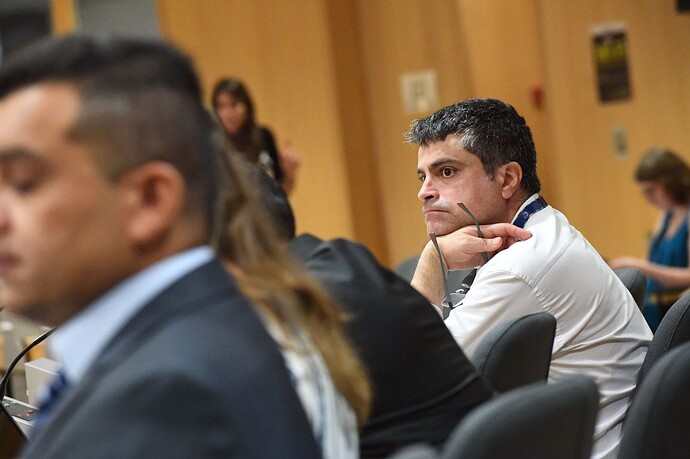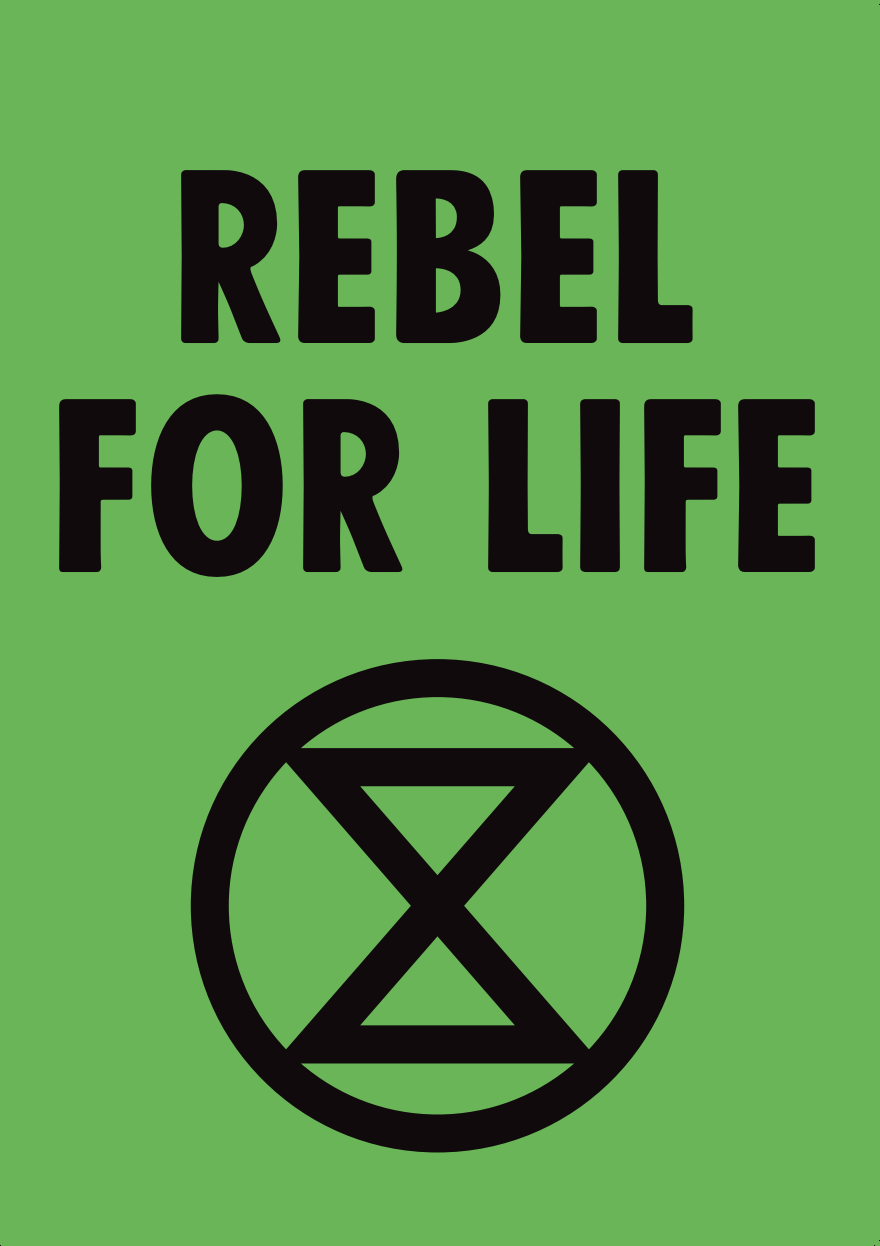How can we work together to support localisation of food? A highly interactive webinar to learn about opportunities in the EU and beyond.
Event date: 30th October 2020 at 18:00 - 20:00 CET or Brussels time.
Location: Zoom (the link will be sent 1 day before the event)
Organisers: EdgeRyders
REGISTRATION: Edgeryders Forms
Local farming in Central and Eastern Europe: we could look at the past and transform nostalgia into new ways
In the EU less than 10% are farmers under 35 years, but in Eastern Europe many more, and they tend to be different, they are more prone to innovation, to change mindsets and do new things. Most of them do agriculture in a more traditional way, where you are obliged to cope with nature and natural phenomena - floods, pests etc. Agriculture is slow, it cannot be fast, unless you grow vegetables in a greenhouse. Be careful: you cannot grow soy or beans, or wheat (the core of nutrition) in a greenhouse. The idea that greenhouses could feed the whole world is a myth.
When the Berlin Wall fell down, the idea in some Eastern countries has been to transform the big state cooperatives into big enterprises: in the Czech Republic, Slovakia, Hungary. They have huge farms that they inherited, in a sense. But in Poland and Romania, it was the opposite: when I was in Cluj 10 years ago, I talked to a professor saying: with the agrarian reform every Romanian wants their own plot of land, but this is not feasible because they were too fragmented. In these countries, you have the big companies - that are not bad - but also the small ones, that want to find new ways and do something on their own - ex. I met shepherds that found a way to sell their milk and other products to local supermarkets. There is this feeling of nostalgia.
But when young farmers come in, they can transform nostalgia into something good.
Are public or private structures, or others, needed to support innovation in agriculture?
Traditionally, innovation happened through researchers studying in the lab and then going to the field to show farmers what can be changed. After the Green Revolution, this has collapsed in the West, where food is no longer an issue of security, but where we think about new things. Corporate funding has replaced public funding, which is not entirely great - when you have public funding, you can do long term things, and bear the weight of asking questions for the environmental and social wellbeing. In corporate world, they want the return of investment, it’s not their job to think in social terms.
The EU has tried to finance and to support bottom up operational groups in the European Innovation Partnership in Agriculture (EIP AGRI). They are conceived as heterogeneous, with farmers, NGOs, researchers. Even with public support, the solutions they find have problems to scale up and be replicable.
The issue of public support now is not giving money, is to interconnect these projects. You have a website with hundreds, thousands of projects, but who’s going to connect the dots? If the state of public power does not do that, someone else has to.
In the webinar, everyone present will share about their project and ask questions to our guest and to the other participants. We want to learn together:
- how local initiatives are confronted with the effects of covid19
- how your local governments are supporting or not your work
- what are the main obstacles for your project or business
- what collaborations are possible between farmers and local producers, food coops, and platforms for more sustainable local commerce and communities
Webinar Guest:
Angelo di Mambro is a journalist who started focusing on agriculture and food in 2008, after the global price spikes in food commodities. The second wave of price spikes, in 2010, was even more impactful (it was one of the reasons behind the end of ‘bread democracies’ in the MENA region) and he had the chance to write, with others, a book edited by Paolo De Castro, MEP. The work had some little fortune in Italy and was accepted from an important niche British publisher. They were writing about sustainable development, but did not call it as such… Since 2016 Angelo has been covering also the EU news on climate, energy and environment. He is the “Green Deal journalist” for ANSA, the main Italian news agency.
Join our webinar on 30th October at 18:00:
Register here for the session. By registering, you will be directly introduced to our online conversation platform and you can immediately get in touch with others who will be attending.
Who is it for? Food producers, food entrepreneurs, organisations working to coordinate food supply and distribution, educational bodies, researchers, policy makers, and concerned citizens.
EdgeRyders is an international community of entrepreneurs, researchers, policy makers who are affecting change. Our goal is to connect them, and you, with opportunities that support your work.
Join us to learn and make new partnerships!
Interesting discussions on Edgeryders on the topic of food:
- Learning from the Brussels food ecosystem - how can communities keep working together?
- Concept with farmers’ markets for a short food supply chain
- Now there’s Edgeryders-powered coffee from Nepal
- Highlights from Ellen MacArthur’s The Big Food: cities as the core of transformation
Meet the other participants!
How is this all financed?
This event is part of the POPREBEL initiative, funded by the European Commission under grant agreement number 822682 from 2019-2021. This conversation is hosted by Edgeryders, in partnership with University College London (United Kingdom), University Karlova (the Czech Republic), University Jagiellonski (Poland), University of Belgrade (Serbia). Learn more about the project here.
2020-10-29T23:00:00Z






